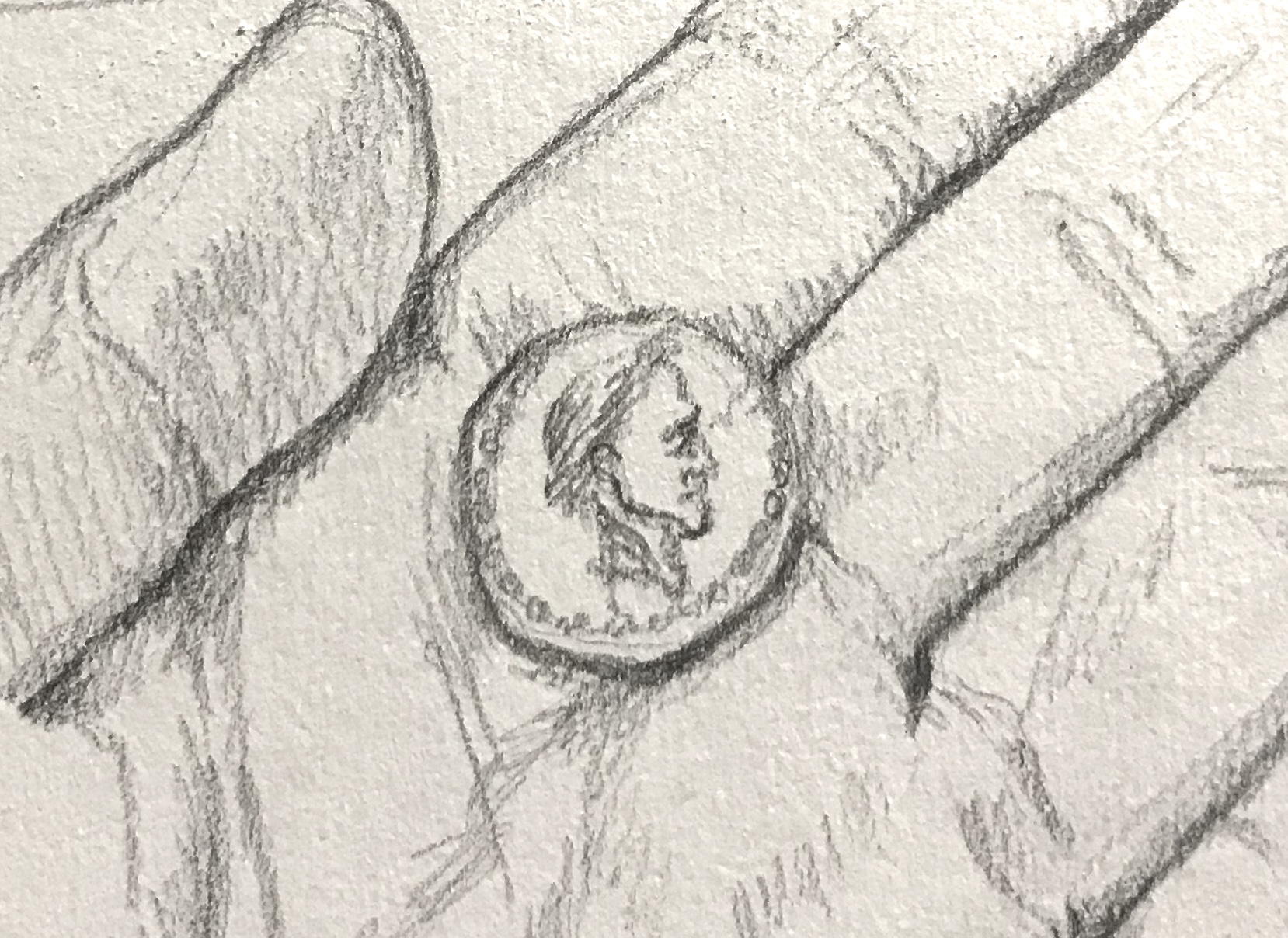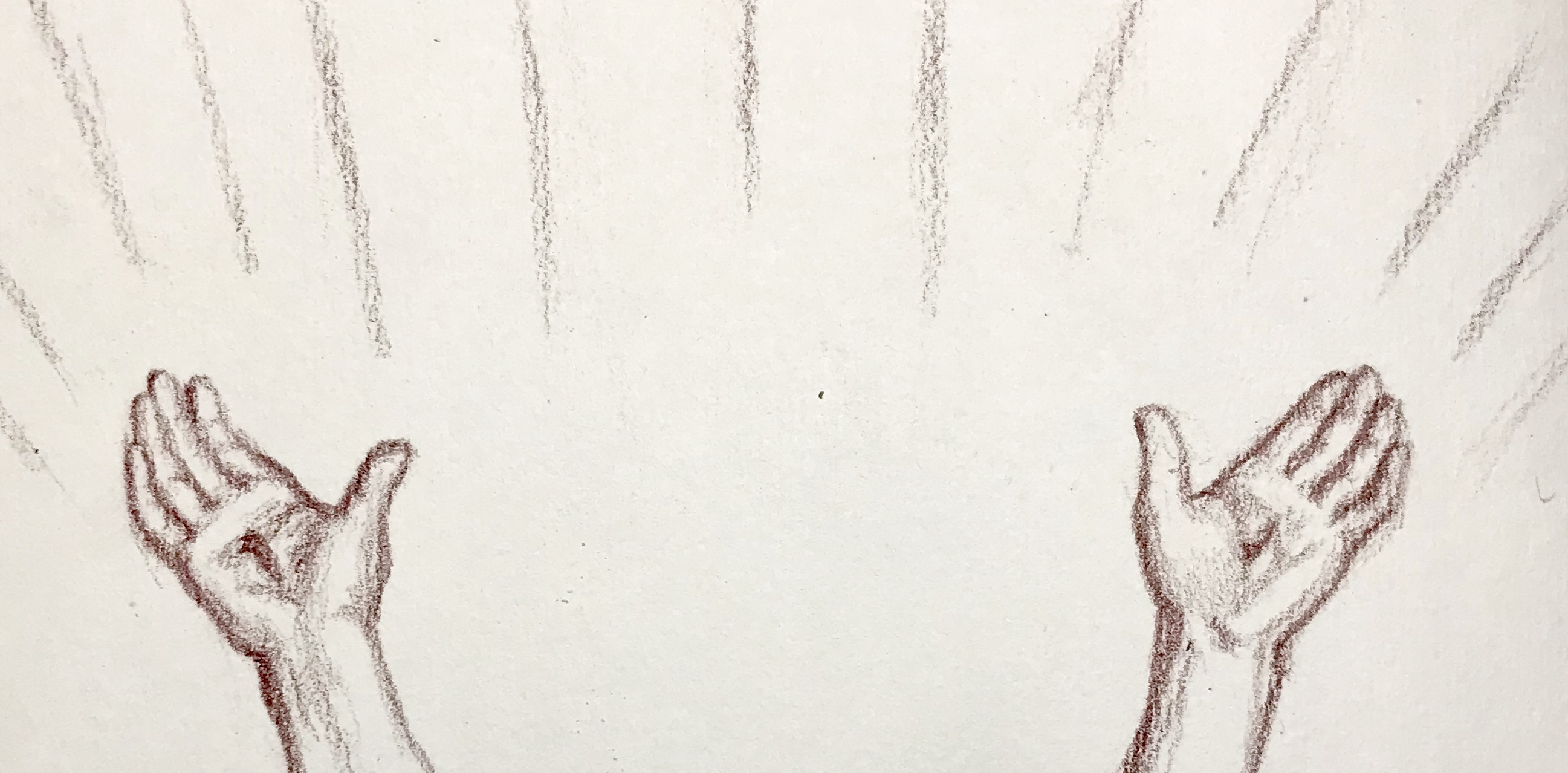The burning bush is one of the most important images of God throughout revelation. Marriage is the most fundamental institution created by God: before even the fall of humanity. Jesus draws a striking parallel between the two when he explains the resurrection to the Sadducees. The resurrection is fullness of life, life beyond death, life that defeats death entirely. Marriage is seen as this kind of fullness of human life – as full as we can understand it here below. The Sadducees would argue that if marriage no longer makes sense at the resurrection, then there is a fullness of life that can never be recovered after death. Marriage is supposed to produce a certain oneness: “the two shall become one flesh.” But when one dies, the other does not necessarily die and must continue living their human life as best they can – sometimes remarrying in an attempt to recover that fullness of life. What institution will replace marriage for the resurrected?
Saint Boniface, Bishop and Martyr

Coins play a varied role in the scriptures. We can think of the woman who lost a coin and then found it and had a celebration with her friends. There is the widow who put one small coin into the offering, which was more than anyone else with large sums. There are those who received talents and earned talents with them. The one who buried his talent in the ground and was reprimanded. When asked if Jesus pays the temple tax, He sends Peter to catch a fish in which he finds the coin he needs to pay the tax. Judas keeps the purse with the coins, he betrays Jesus for 30 pieces of silver. Coins represented a value decided upon by the local government – in those times they were typically made of some kind of metal and therefore had some kind of intrinsic value. Today, sometimes, the intrinsic value of our coins is greater than the value they represent. It costs more than a cent to mint a penny, and the metal it is made of is also worth more than a cent.
Monday of the Ninth Week in Ordinary Time

The Resurrection must progressively become the only future we are expecting. This has two consequences on our day to day life. First, it means we don’t have much else to look forward to in this life: we are glad to see the grace of God at work in ourselves and in others, and we are delighted by the occasions to be part of the divine movement. Second, it means we no longer expect to get something good or bad out of this life: the resurrection infinitely surpasses anything we have or can experience in this life. All other goods, compared to the resurrection, are absolutely inferior. The resurrection is something divine: Jesus says, “I AM the resurrection.” It is the most godlike thing that can happen to our human flesh – born again to immortality.

